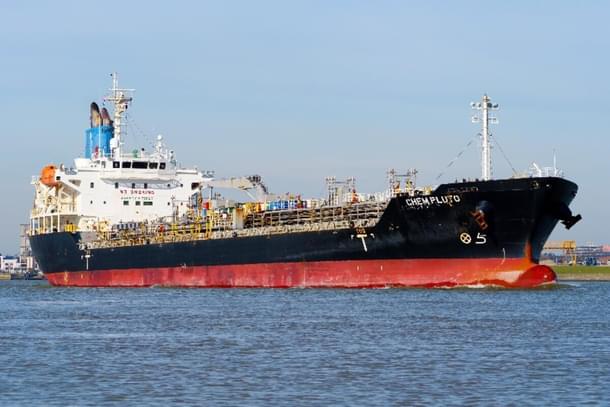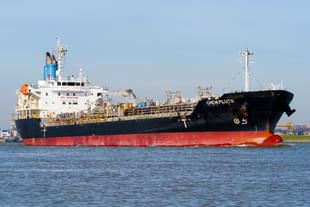World
Drone Attacks On Merchant Ships: It's Time India Sends A Strong Message To The Mullahs Of Iran
Ujjwal Shrotryia
Dec 26, 2023, 06:24 PM | Updated 06:27 PM IST
Save & read from anywhere!
Bookmark stories for easy access on any device or the Swarajya app.


In the last couple of weeks, multiple drone attacks on commercial vessels in the Red Sea and near India's coast have raised concerns in Delhi.
Just two days ago (on 24 December), a Gabon-flagged oil tanker — MV Sai Baba — with 25 Indian crew members, was hit by a drone on its way to India.
This incident occurred a day after another attack (on 23 December), when a Liberian-flagged vessel — MV Chem Pluto — with 21 Indian crew members, carrying crude oil from Al Jubail port in Saudi Arabia to New Mangalore, was struck by a drone 200 nautical miles off the Gujarat coast.
In both cases, no casualties were reported. Responsibility for the attacks has not been claimed, although a spate of drone strikes on merchant vessels, emanating from Houthi-controlled Yemeni territory, has been observed in the Red Sea since the start of Israeli operations in the Gaza Strip following Hamas's 7 October attacks.
According to the US Navy's Central Command, more than 14 attacks on random merchant vessels have been observed since 17 October.
These attacks are believed to have been conducted by Houthi militants, who have the backing of Iran and its Lebanon-based ally Hezbollah.
A large amount of global oil trade (close to 30 per cent of the world's crude oil and another 30 per cent LNG trade) passes through this area.
These attacks have the potential to disrupt global energy security, potentially throwing the energy markets into disarray.
Since this area is extremely important for India's trade and energy security, it is imperative that a strong signal be sent to decision-makers in Iran, whose backing has enabled the Houthis to become increasingly capable of mounting such attacks in the region.
In the past, India has tolerated several provocations from Iran, including Iran's unilateral decision to develop the Farzad-B natural gas field, despite Oil and Natural Gas Corporation of India being responsible for discovering the field.
This occurred even as India advocated for Iranian interests, opposing the United States' unilateral decision to impose sanctions on countries purchasing crude oil from Iran.
There is a strong need for the Indian government to communicate to Iran the expectation of restraining their Houthi militants from hurting Indian interests.
The utility of Iranian oil has already declined, with India diversifying its crude basket from Middle Eastern to Russian-based oil.
The easing of sanctions on Venezuela has further diversified India's crude basket, with Reliance Industries Limited booking three shipments of crude oil for December and January.
With India banking on the India-Middle-East-Europe Economic Corridor, which envisions a series of rail, road, and maritime routes connecting India to Europe via the Middle East, the Chabahar port, long languishing in oblivion, is almost as good as dead, its primary beneficiary Afghanistan seeing the Taliban back in power.
The warning given by Defence Minister Rajnath Singh is probably an indirect attempt in that regard, warning Iranians to control the Houthi militants.
"We will find those who executed the recent attacks even from the depths of the seas and take strict action against them," he said earlier today.
The mullahs in Tehran must heed the warning.
Staff Writer at Swarajya. Writes on Indian Military and Defence.





